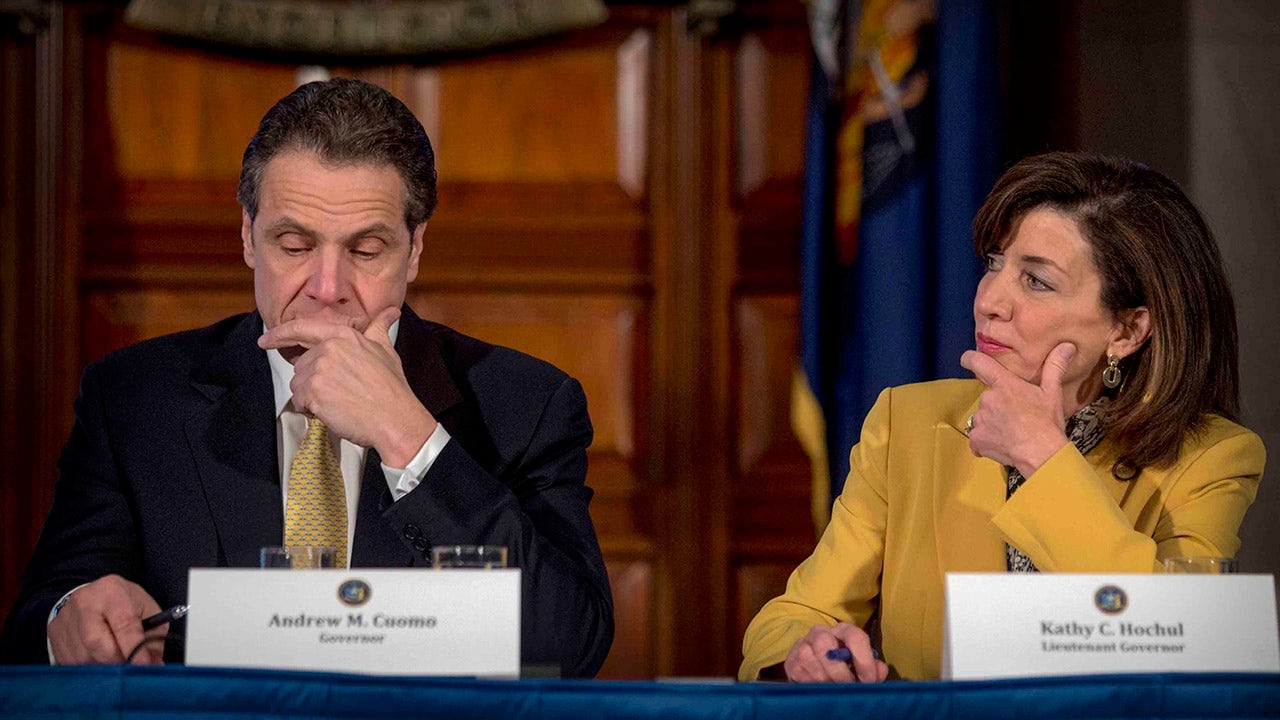Subway mayhem spurs Cuomo to urge halt to new NYC driving tax

As New York City’s congestion pricing plan officially takes effect, there is a debate brewing over whether the timing is right for such a policy. Former Governor Andrew Cuomo, a major advocate for congestion pricing, has raised concerns about implementing the toll system amidst the current state of New York City.
Cuomo, through his spokesman Rich Azzopardi, expressed his continued support for congestion pricing but questioned whether now is the best time to roll out such a policy. He emphasized the need for a safe and reliable subway system, as well as a thriving city core, in order for congestion pricing to be effective. Cuomo called for a data-driven study to assess the impact of the tolls on New York City’s recovery post-COVID.
The former governor highlighted the current challenges facing the subway system, including safety concerns such as violent attacks on passengers and subway workers. Cuomo stressed the importance of building public confidence in the mass transit system before incentivizing subway use through congestion pricing.
On the other hand, Governor Kathy Hochul is pushing forward with the implementation of congestion pricing, touting it as a way to reduce traffic congestion, improve air quality, and fund public transit improvements. Hochul’s office noted that the reduced congestion toll would save drivers money and lead to better subway services for commuters.
MTA Chairman Janno Lieber praised Hochul for her commitment to improving public transit and reducing gridlock in the city. He highlighted recent upgrades to subway lines as evidence of the positive impact of congestion pricing on transportation infrastructure.
However, Cuomo’s camp criticized Hochul and Lieber for suggesting that Cuomo had second thoughts about congestion pricing. They pointed to Cuomo’s administration’s investments in transit infrastructure, such as the Moynihan Train Hall and the Second Avenue Subway, as evidence of his commitment to improving public transportation.
The debate over congestion pricing has also drawn in New York Republicans, who oppose the toll system altogether. Commuters from New Jersey and outer boroughs will have to pay additional tolls to cross into Manhattan, while drivers on certain highways will be exempt from the congestion fee unless they exit onto city streets.
Overall, the implementation of congestion pricing in New York City has sparked a contentious debate over its timing and effectiveness. While supporters believe it will lead to a reduction in traffic congestion and improved public transit, critics question whether now is the right time to roll out such a policy. The ongoing debate underscores the complex challenges facing transportation policy in a post-COVID urban environment.




